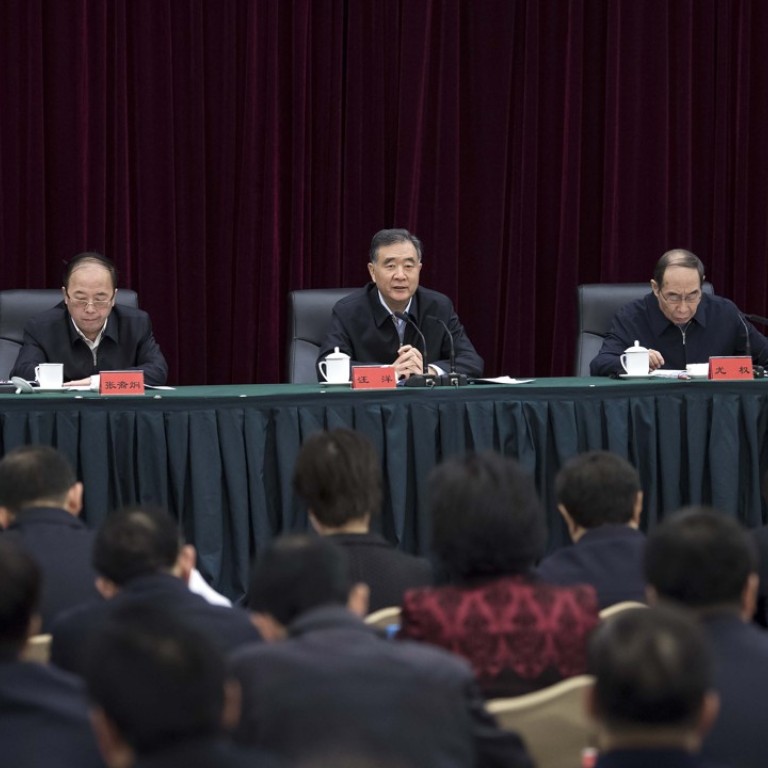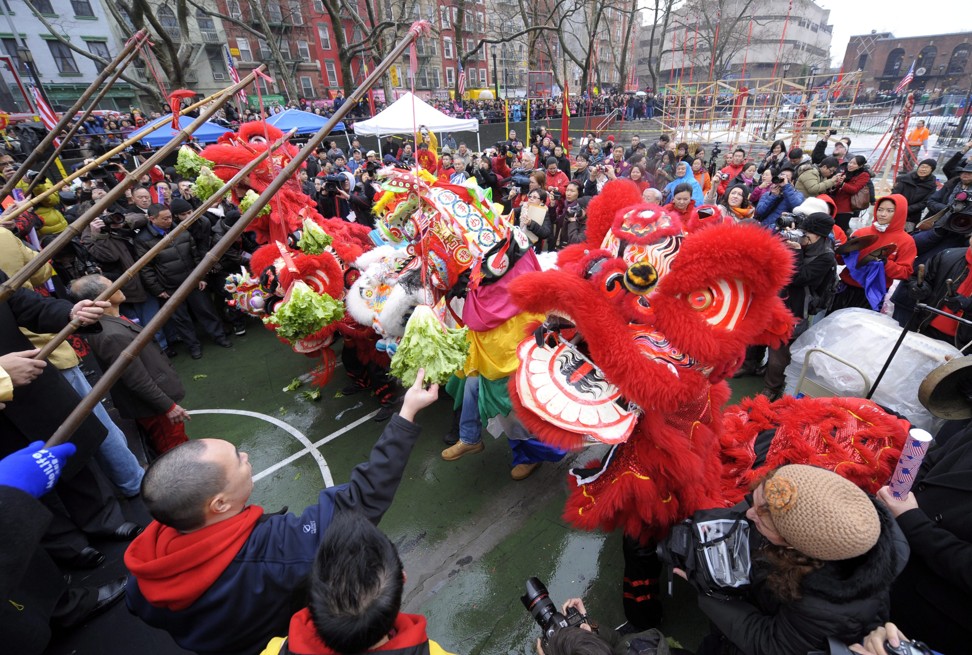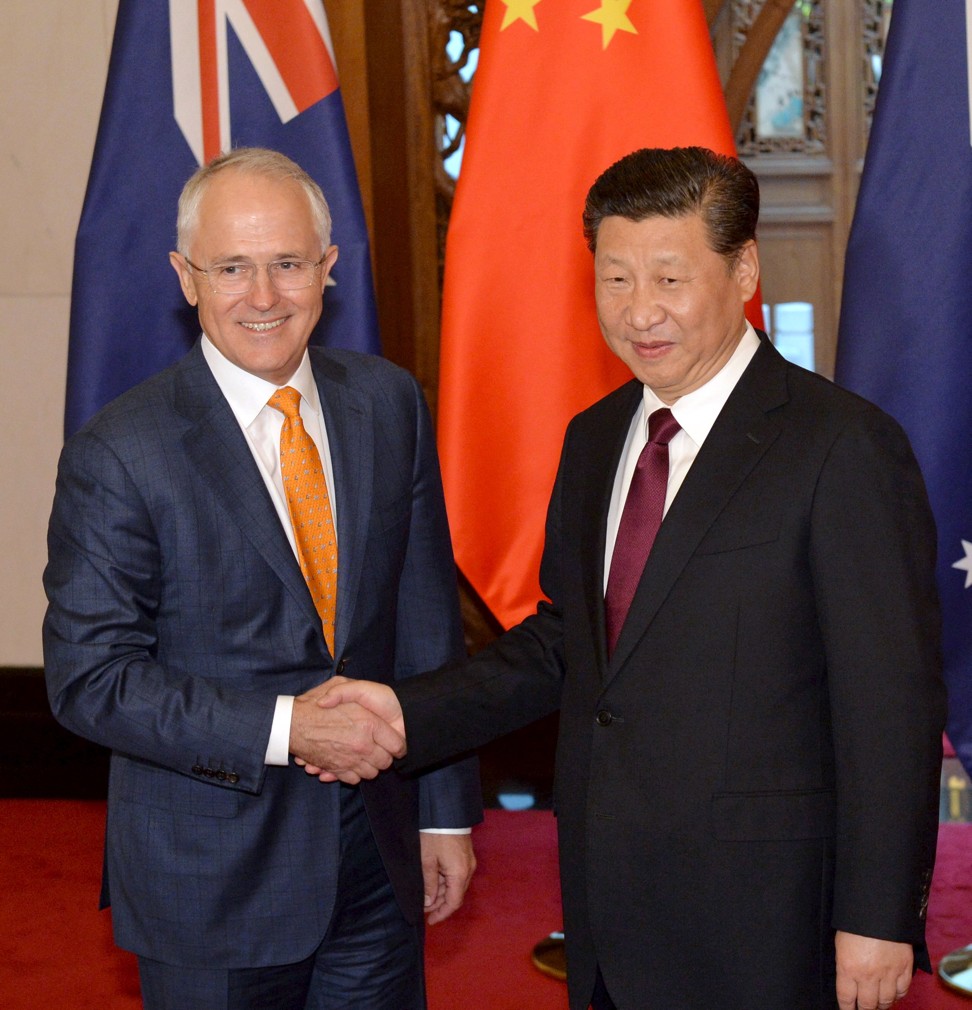
Fears about Chinese influence grow as more powers given to shadowy agency
United Front Work Department will take over responsibility for ethnic and religious affairs, adding to concerns that Beijing is tightening its grip
China is to broaden the scope of a controversial Communist Party department responsible for its overseas liaison work to include ethnic and religious affairs.
The consolidation of the United Front Work Department is part of a restructure of party agencies announced on Wednesday. It will take over the duties of state agencies overseeing ethnic and religious affairs, as well as the overseas Chinese portfolio.
Observers said the move added to concerns about Beijing’s tight grip on religious and ethnic affairs, and worries about its political infiltration overseas.
Founded in 1942, the department is responsible for managing the party’s relations with non-party elites both inside and outside China, aiming to shore up support for its rule.
But the new set-up will mean this once opaque agency will have to be more open about its activities.
“Under the new structure, it will no longer be situated behind various government agencies,” a government source said.

Back in 2015, President Xi Jinping said a rapidly changing internal and external situation meant the department’s work had to be more coordinated.
The department has meanwhile extended its reach over the years, with its bureaus responsible for liaising with people in Hong Kong, Macau, Taiwan and foreign nations, for example, coordinating with Chinese student associations in other countries.
Last May, it set up a new bureau to focus on the Muslim-majority Xinjiang region in the far west, where ethnic violence has killed hundreds of people in recent years.
The restructure will see the department take over responsibility for the State Administration for Religious Affairs, a move Beijing said was aimed at consolidating the party’s direction on religion and ensuring religious activities were consistent with socialism.
The State Ethnic Affairs Commission will also come under the department’s leadership. The Overseas Chinese Affairs Office will meanwhile be merged with the department.
It will also be responsible for studying the conditions faced by overseas Chinese, cultural exchanges and for uniting the Chinese diaspora.
Strengthening the power of the United Front Work Department is part of a sweeping restructure that will see more fusion of the party and the state.
But it comes as the department is under growing scrutiny from Western governments, such as Australia and the United States, that are suspicious of China’s tactics to spread its influence abroad and meddle in local politics.

US congressman for South Carolina Joe Wilson has said he is drafting a bill to demand China’s cultural outposts such as the Confucius Institute be registered as foreign agents. Australia has meanwhile banned foreign political donations as part of a crackdown against external interference in domestic politics, including from China.
Sonny Shiu-Hing Lo, politics professor at HKU Space, said while there was no evidence to suggest that the department would receive more resources, it “is now orchestrated by the top leadership with better coordination and better organisation”.
“It has the obvious political objective of portraying a more peaceful China, rather than accepting the ‘China threat’ image in the West,” Lo said.
“From foreign countries’ point of view, the boundary between China’s United Front Work Department and that of domestic politics is quite unclear and ambiguous”.
Yang Shu, who specialises in Central Asian studies at Lanzhou University, said consolidating the department was a way to “enhance efficiency and centralise power”.
“It means management of religious affairs and ethnic issues will be stepped up, and we could see the authorities taking a tighter grip than before,” Yang said, giving the recent example of features being removed from mosques and buildings in the Ningxia Hui region.
Jiang Zhaoyong, an independent Beijing-based Xinjiang specialist, said the reorganisation could streamline agencies with overlapping functions.
“From decision-making to execution, there will be fewer layers of bureaucracy to go through,” Jiang said.
China has realised the need to consolidate its domestic and international resources to project its influence as a global power, according to Liu Hong, chair of the school of social sciences at Nanyang Technological University in Singapore.
“As China faces greater international challenges and difficulties in its domestic transformation after 40 years of reform and opening up, how to develop an effective governance model that is based on its specific circumstances ... is indeed a major task for the country’s leaders,” he said.
Additional reporting by Sarah Zheng and Zhou Xin


